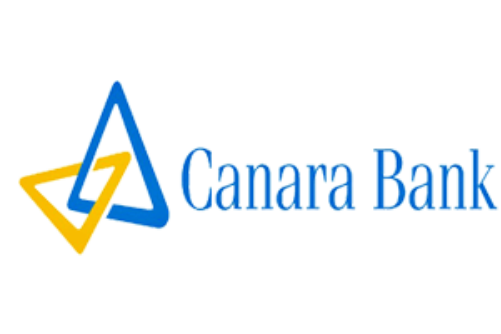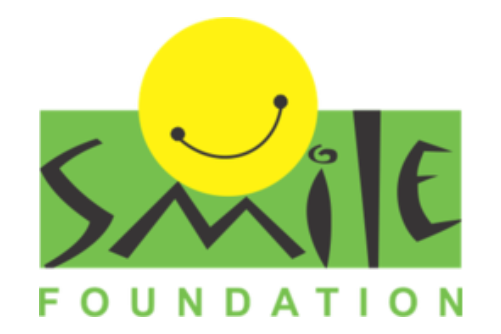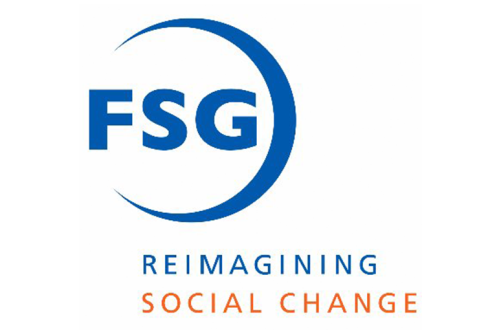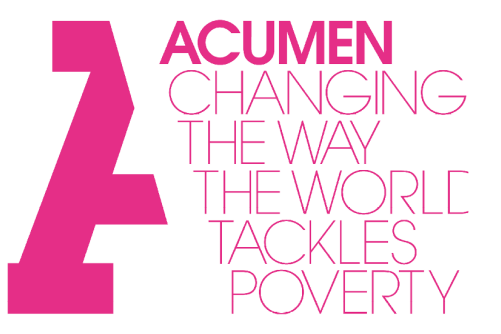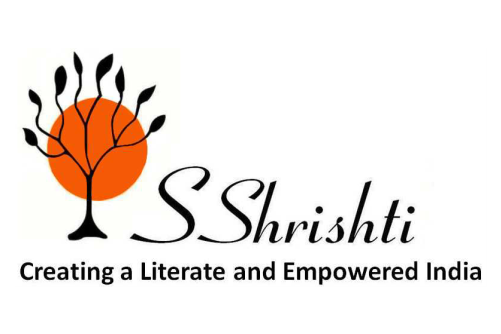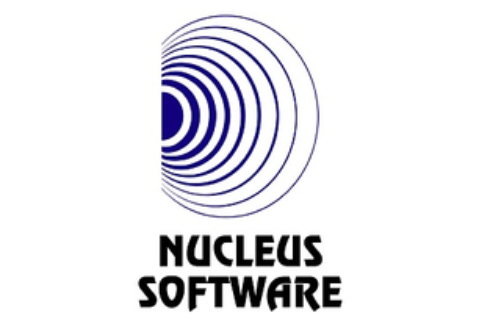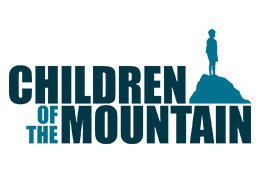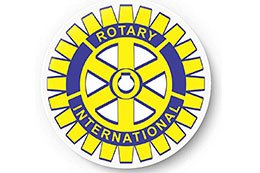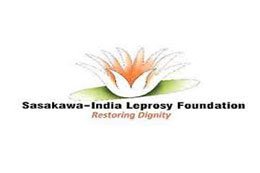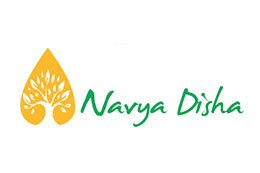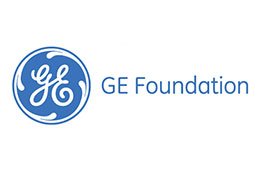Currently Empty: ₹0.00
Alternate Learning Foundation
Vikalp’s Alternate Learning Foundation is Not for Profit Organization, registered as Section 8 company. We have the required registration in section 80G of the Income Tax Act which provides income tax exemption to the donor. At the core of Vikalp is its commitment to impact learning outcomes of school-going-children through implementation of experiential learning. Education programs works with schools, teachers, and the community to impart quality education. We work closely with government, corporations, and local communities. Our intention is to develop a scalable and sustainable model that can be replicated on a large scale by the government, institutions and like-minded organizations.
As per the Annual Status of Education Report (ASER) 2012, 96.5% of all rural children between the ages of 6–14 was enrolled in school. This is the fourth annual survey to report enrolment above 96%. Access to school is no longer the major concern. Number of schools and school enrollment rates have increased substantially. Now the issue is that a large number of children leave school with poor literacy and numeracy skills. ASER reported in 2019 that only 50% of fifth standard students in rural India could read a Standard II-level text, and only 29% of them could do basic division.
Now this is a learning crisis. It’s not only in India. More or less, it is observed all across the developing countries. In order to address this crisis, the United Nations has made quality education a Sustainable Development Goal (SDG) in the year 2015. Quality education is SDG 4 or Global Goal 4 to promote cross-country learning and effective action to combat the global learning crisis. The United Nations has set up targets and deadline of 2030. Since 2015, Vikalp has also been working towards the Education 2030 Agenda to “ensure inclusive and equitable quality education and promote lifelong learning opportunities for all.“
TARGETS & ACTIONS
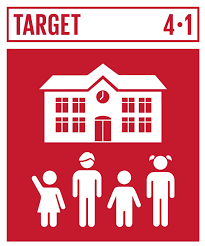
TARGET
By 2030, ensure that all girls and boys complete free, equitable and quality primary and secondary education leading to relevant and effective learning outcomes.
ACTION IN THIS DIRECTION
Blackboard teaching is followed in most of the schools in India. Method of teaching is limited to rote learning. This is too boring and difficult to understand. Consequently, the understanding level of students is too low. Many of them find it too boring and drop out. In order to address this, we implement experiential learning in schools. We help schools to make a shift from blackboard teaching to experiential learning.
Concepts are introduced using learning tools. Students play with the tools and discover concepts. Learning continues in Learning APP. Once they start understanding, course books are introduced. This helps in making learning practical. Students understand the concept, develop interest and relate learning to their everyday life. All this led to relevant and effective learning outcomes as outlined in Target 4.1 of SDG 4.
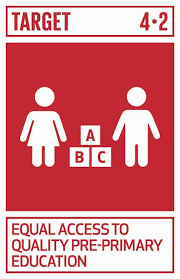
TARGET
By 2030, ensure that all girls and boys have access to quality early childhood development, care and pre-primary education so that they are ready for primary education.
ACTION IN THIS DIRECTION
In order to prepare children for primary education we need to lay a strong foundation of Reading, Writing and Mathematics. But children are too small. They cannot listen to lectures and follow. Their concentration and attention span are too less. Teaching them how to write is a major challenge. Their fine motor skills are not developed enough. In order to address this, we have developed a Preschool kit and Teachers Training module. This helps in implementing activity-based-learning (ABL)
in the preprimary level. Proper implementation of this methodology prepares children for primary education.
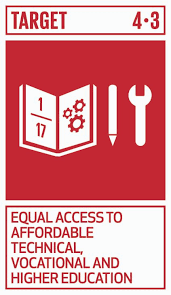
TARGET
By 2030, ensure equal access for all women and men to affordable and quality technical, vocational and tertiary education, including university.
ACTION IN THIS DIRECTION
Vikalp Academy provides quality Teacher Training at a very affordable price. This training is not limited to child psychology, classroom management and delivering lectures. Teachers are trained to make learning experiential. How to act as a facilitator and make learning practical. Theme -based approach is adopted and teachers are trained on teaching every concept. Focus is not on educational theories but on application of those theories. Teachers are trained for effective classroom transactions.
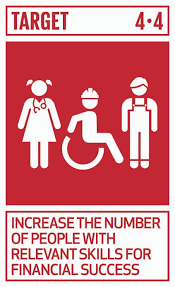
TARGET
By 2030, substantially increase the number of youth and adults who have relevant skills, including technical and vocational skills, for employment, decent jobs and entrepreneurship.
ACTION IN THIS DIRECTION
Vikalp Academy trains teachers in teaching in private and government schools. There is a separate course for teachers who want to teach online. These courses make teachers adept in the latest strategies and tools required to teach in national and international schools. This course prepares them for employment opportunities as teachers, administrators, academic coordinator, curriculum developers and content creators in schools and EdTech companies.
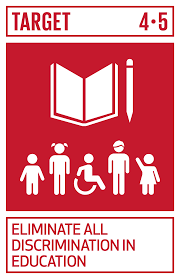
TARGET
By 2030, eliminate gender disparities in education and ensure equal access to all levels of education and vocational training for the vulnerable, including persons with disabilities, indigenous peoples and children in vulnerable situations.
ACTION IN THIS DIRECTION
In a normal lecture method, some students are able to understand while the vast majority is not able to follow the teachers in class. This problem is even more with students with learning disabilities like ADHD, Autism etc. Gradually students with disabilities are ostracized. This changes with implementation of experiential learning where students Do an Learn. In this method learning abilities of children with disabilities are at par with a normal child. This makes school education inclusive.
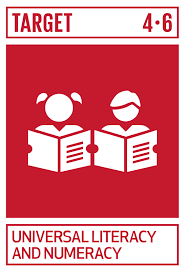
TARGET
By 2030, ensure that all learners acquire the knowledge and skills needed to promote sustainable development, including, among others, through education for sustainable development and sustainable lifestyles, human rights, gender equality, promotion of a culture of peace and non-violence, global citizenship and appreciation of cultural diversity and of culture’s contribution to sustainable development.
ACTION IN THIS DIRECTION
We use eco-friendly products in the implementation of our experiential learning program in school. Use of eco -friendly tools inculcates reduce, reuse and recycle in children right from the early years. The idea is to foster environmental consciousness among children. Basic material used is recycled corrugated sheets. Same is used to manufacture cartoon boxes. Objective is to sensitize children towards reuse of cartoon boxes which are normally thrown after usage. It encourages children to change carton boxes and other waste materials lying at home into something useful.
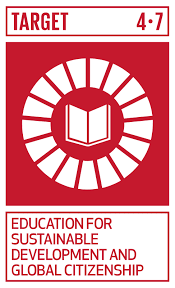
TARGET
Build and upgrade education facilities that are child, disability and gender sensitive and provide safe, non-violent, inclusive and effective learning environments for all.
ACTION IN THIS DIRECTION
We help schools to upgrade their educational facilities to implement experiential learning. In this teaching-learning method all kinds of children can learn together. Students Do and Learn in their own way at their own pace. Difference between the learning abilities of normal and disabled children vanishes and teaching becomes all inclusive.
Capacity Building
Teacher’s enrichment program empowers teachers to implement experiential learning inside classroom. Through our chapter wise training we take on-site training sessions on each concept, followed by handholding session in which our trainers and school teachers jointly take class. After the session there is discussion between the trainer and school teacher on what went wrong/right during the session. This helps a teacher to make a shift from instructor to facilitator.
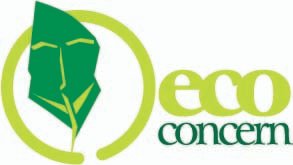
Environmental consciousness
We prefer to use products which are eco-friendly and recyclable. The idea is to foster environment consciousness among children. Basic material used is recycled corrugated sheets. Same is used to manufacture cartoon boxes. Objective is to sensitize children towards reuse of cartoon boxes which is normally thrown after usage. It encourages children to change carton boxes and other waste materials lying at home into something useful.
Livelihood Creation
Un-skilled and semi-skilled women are employed by us to assemble the products, creating livelihood opportunities for them. We want the usage of the product to grow as much or to add more products so that we can create more opportunities for livelihoods. This again was a conscious decision despite the increased cost, time and effort; as we did not want to lose out on opportunity to bring livelihood to women and economically empower the mothers of our future generation.
What Motivates Us?
Problem
An estimated 617 million children and adolescents around the world are unable to reach minimum proficiency levels in reading and mathematics – even though two thirds of them are in school. According to UIS estimates, 60% of children and adolescents of primary and lower secondary school age are not achieving minimum proficiency levels in mathematics.
Source: 2019 UNESCO Institute of Statistics
Solution
We work for improving the quality of education in schools. This we do by helping schools shift from blackboard teaching to experiential learning in everyday classroom transactions. Objective is to makes learning more meaningful, engaging and fun using our PHYSITAL (Physical + digital) tools. Capacity building of stakeholders are integral part of it. This change will impact enrolment, attendance and learning outcome in schools.
This is in tune with the following SDG goals of UN: –
4.1 By 2030, ensure that all girls’ and boys’ complete quality primary education.
4.2 By 2030, ensure that all girls and boys have access to quality early childhood development.
4.C By 2030, substantially increase the supply of qualified teachers.
Get Involved – Sponsor our Projects
Corporate, Other Foundation and Individuals can sponsor our projects or we can support your existing projects or centers. To sponsor our projects or to make a donation to Vikalp Foundation, please write to gupta.dinesh@vikalpindia.com
Our Partners
